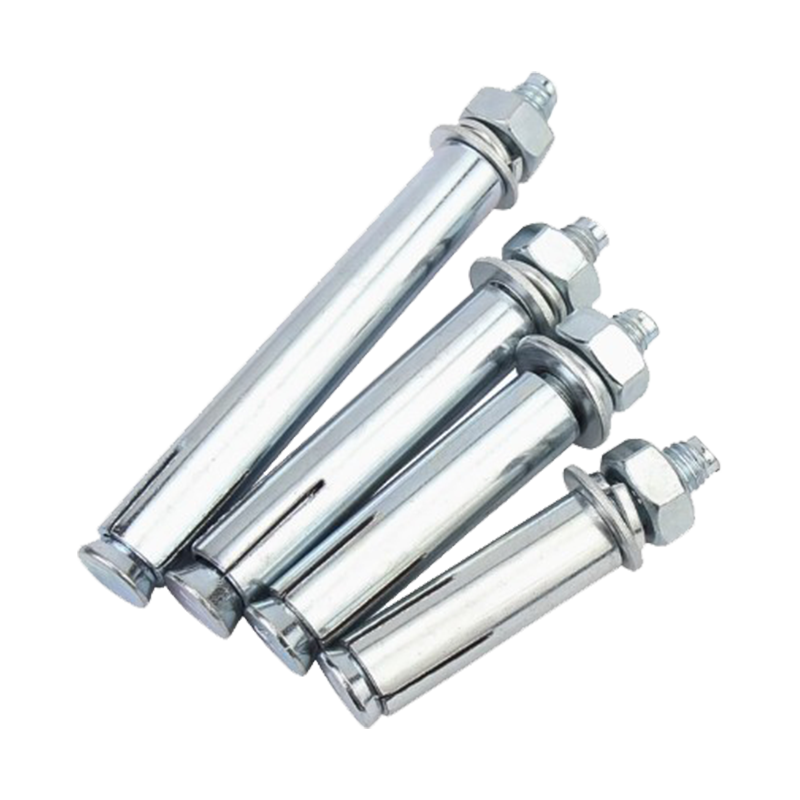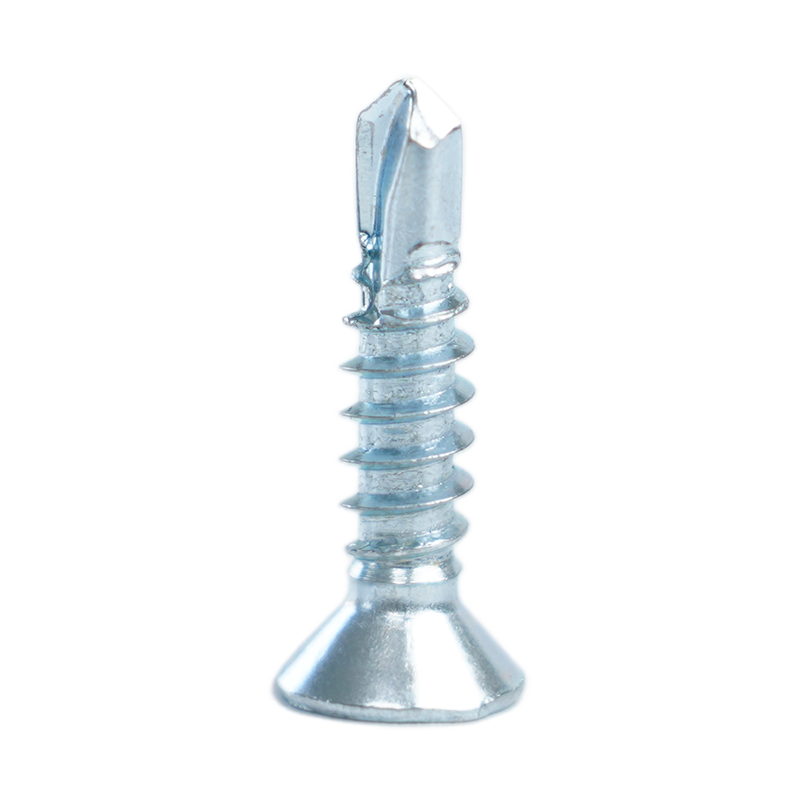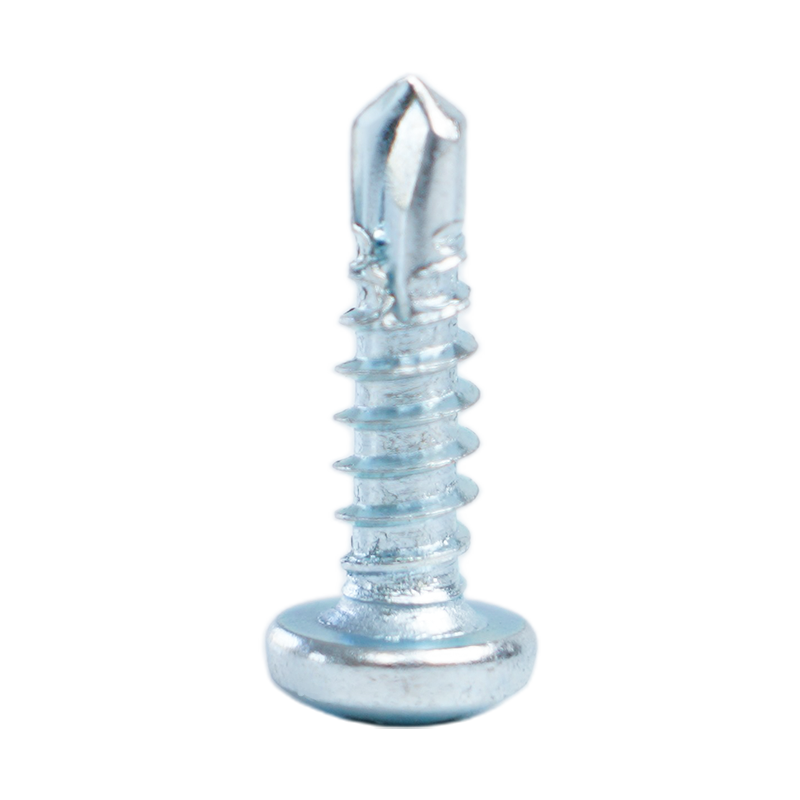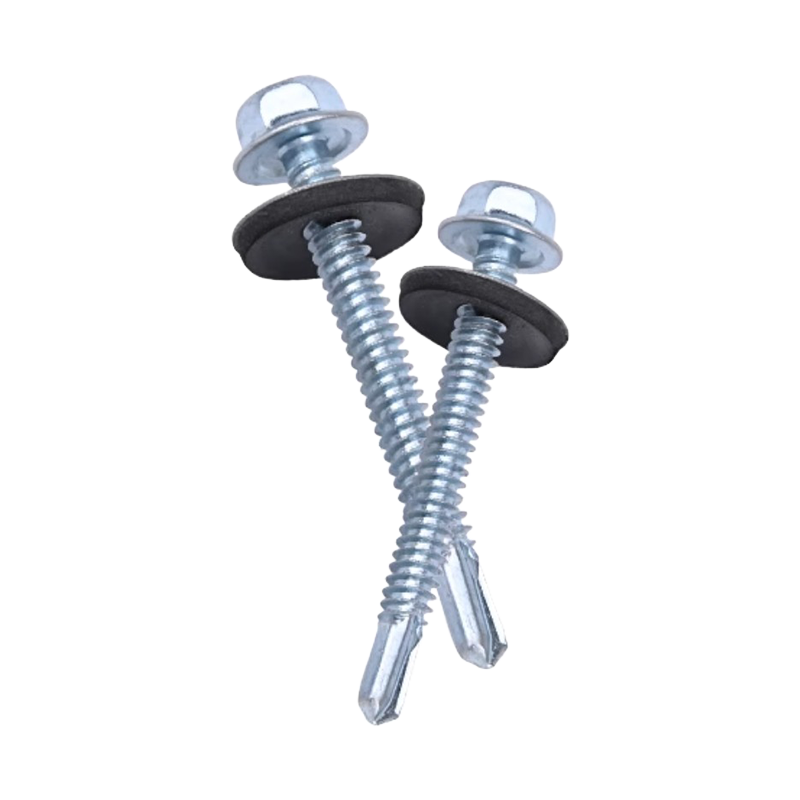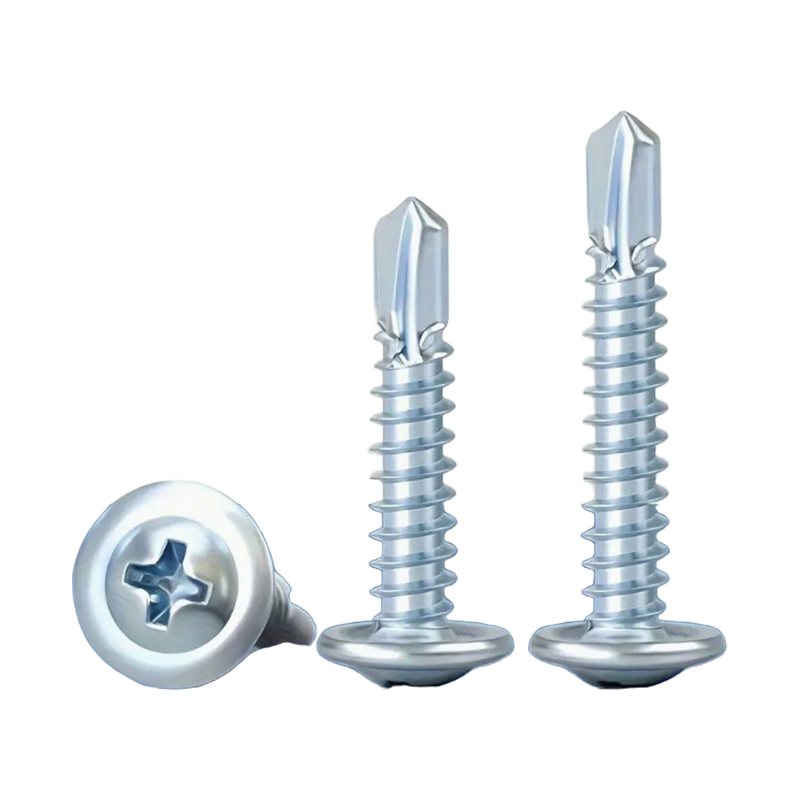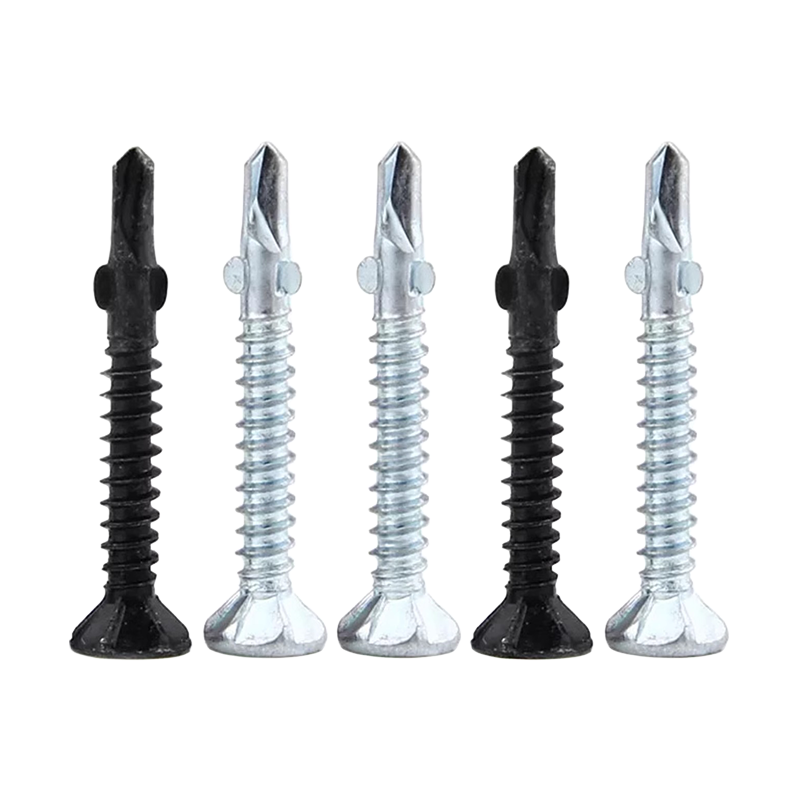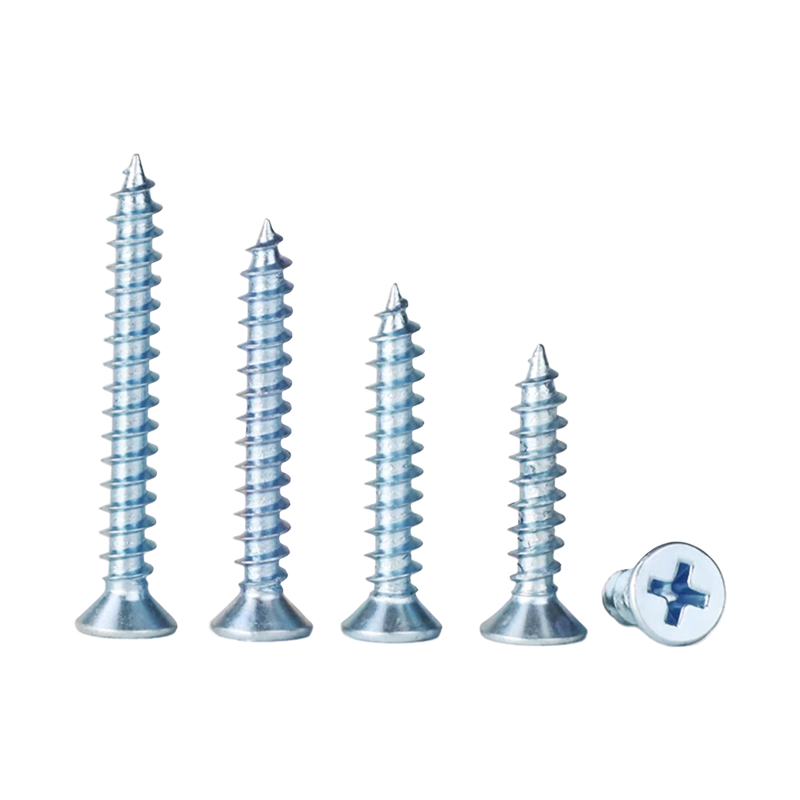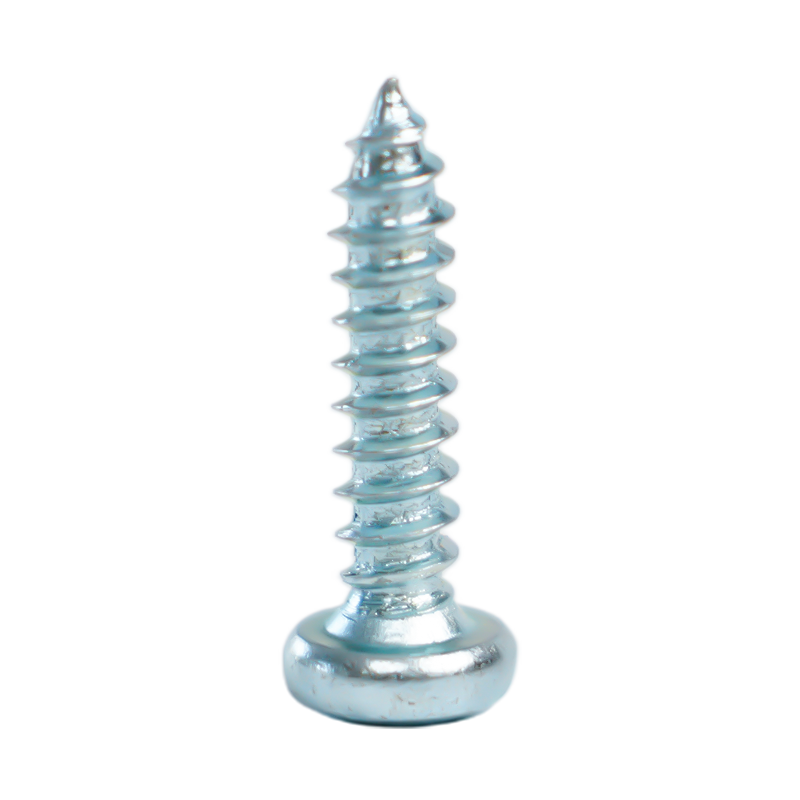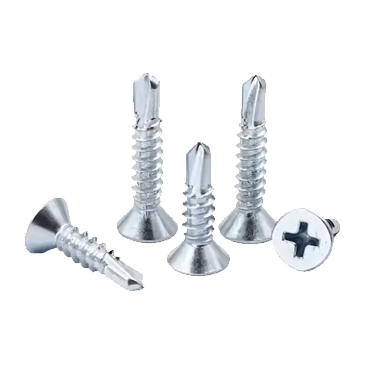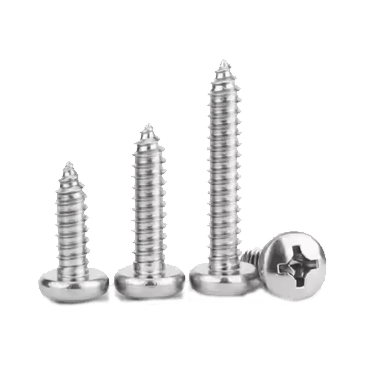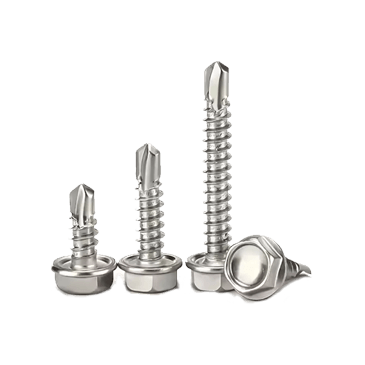When selecting a heavy duty anchor bolt manufacturer for construction, several critical factors must be considered to ensure structural integrity, safety, and long-term performance. Anchor bolts play a pivotal role in securing structural elements to concrete, masonry, or steel, making their quality and design essential for any construction project.
Material Selection and Performance
The choice of material significantly impacts the durability and load-bearing capacity of anchor bolts. Common materials include:
Carbon Steel: Widely used due to its strength and affordability. Suitable for indoor applications where corrosion resistance is not a primary concern.
Stainless Steel: Offers excellent corrosion resistance, making it ideal for coastal or chemically aggressive environments. Grades such as 304 and 316 are commonly specified.
Alloy Steel: Provides superior tensile strength, often used in high-stress applications such as bridges and industrial facilities.
Each material must comply with industry standards such as ASTM or ISO to ensure reliability.
Load Capacity and Seismic Considerations
Construction projects in earthquake-prone regions require anchor bolts designed for dynamic loads. Key considerations include:
Static vs. Dynamic Load Ratings: Standard anchor bolts may suffice for static loads, but seismic events demand bolts with higher ductility.
Embedment Depth: Deeper embedment enhances pull-out resistance, especially in cracked concrete.
Testing and Certification: Manufacturers should provide load test data and certifications to verify performance under extreme conditions.
Manufacturing Processes and Quality Control
A reputable heavy duty anchor bolt manufacturer for construction should adhere to stringent production standards, including:
Hot Forging vs. Cold Forging: Hot forging improves grain structure, enhancing strength, while cold forging offers precision for threaded components.
Surface Treatments: Galvanizing, epoxy coating, or mechanical plating can extend service life in harsh environments.
Dimensional Accuracy: Tight tolerances ensure proper fit and load distribution in pre-drilled holes.
By evaluating these factors, engineers and contractors can select the most suitable anchor bolts for their projects.
2. How to Find a Reliable Custom Size Anchor Bolt Manufacturer Near Me
Locating a custom size anchor bolt manufacturer near me involves assessing local suppliers for flexibility, lead times, and production capabilities. Custom anchor bolts are often required for specialized applications where standard sizes do not meet project specifications.
Advantages of Local Manufacturers
Sourcing from nearby suppliers offers several benefits:
Faster Turnaround: Reduced shipping times allow for quicker project completion.
Easier Communication: On-site visits and real-time adjustments are possible.
Lower Logistics Costs: Minimized freight expenses compared to overseas suppliers.
Evaluating Customization Capabilities
A reliable manufacturer should offer:
Non-Standard Threading: Fine or coarse threads tailored to specific torque requirements.
Unique Lengths and Diameters: Adjustments for embedment depth or clearance issues.
Special Head Designs: Hex, square, or countersunk heads based on installation needs.
Quality Assurance and Compliance
Before finalizing a supplier, verify:
Material Certifications: Mill test reports confirming steel grade and composition.
Prototype Testing: Sample bolts tested for load capacity and fit.
Industry Compliance: Adherence to ASTM, AISC, or EN standards.
By prioritizing these aspects, buyers can secure high-quality custom anchor bolts efficiently.
3. The Role of Hot Dip Galvanized Anchor Bolts in Corrosion Resistance
Hot dip galvanized anchor bolt manufacturer products are essential for applications exposed to moisture, chemicals, or extreme weather. The galvanization process provides a protective zinc layer, significantly enhancing longevity.
Galvanization Methods Compared
Different corrosion protection techniques include:
Hot Dip Galvanizing (HDG): Immersing bolts in molten zinc for a thick, durable coating.
Electro-Galvanizing: A thinner zinc layer applied via electroplating, suitable for indoor use.
Mechanical Galvanizing: Zinc particles bonded to the surface, offering moderate protection.
HDG is preferred for outdoor and marine environments due to its superior barrier properties.
Applications in Harsh Environments
Industries benefiting from hot-dip galvanized anchor bolts include:
Marine Construction: Piers, docks, and offshore platforms.
Chemical Plants: Resistance to acidic or alkaline exposure.
Infrastructure Projects: Bridges, highways, and utility poles.
Long-Term Durability and Maintenance
Galvanized bolts require minimal upkeep, but periodic inspections are recommended in highly corrosive settings. Factors affecting lifespan include:
Zinc Coating Thickness: Measured in microns; thicker coatings last longer.
Environmental pH Levels: Acidic conditions accelerate zinc depletion.
Sacrificial Protection: Zinc corrodes preferentially, safeguarding the base steel.
Selecting a hot dip galvanized anchor bolt manufacturer with proven expertise ensures optimal performance in demanding conditions.
4. L-Type Anchor Bolts for Concrete: Design and Installation Best Practices
L-Type anchor bolt manufacturer for concrete products are widely used in foundation anchoring, column bases, and machinery mounting. Their unique shape provides excellent pull-out resistance when embedded in concrete.
Comparison with Other Anchor Types
J-Bolts: Better for tension loads but harder to position accurately.
U-Bolts: Ideal for pipe supports but less effective in pure tension applications.
Straight Bolts: Require epoxy or mechanical expansion for stability.
L-bolts are preferred for their ease of installation and reliable performance.
Concrete Compatibility and Embedment Guidelines
Proper installation involves:
Hole Preparation: Drilling clean, correctly sized holes to avoid cracking.
Embedment Depth: Typically 8-12 times the bolt diameter for optimal strength.
Curing Time: Allowing concrete to fully set before applying loads.
Common Installation Mistakes
Avoid these errors to prevent failure:
Improper Alignment: Misplaced bolts can weaken connections.
Insufficient Embedment: Reduces load capacity.
Over-Tightening: Can strip threads or damage concrete.
Working with an experienced L-Type anchor bolt manufacturer for concrete ensures proper specifications for each project.
5. Understanding ASTM F1554 High Strength Anchor Bolts for Structural Applications
High strength ASTM F1554 anchor bolt manufacturer products are critical for heavy-duty structural connections, meeting rigorous performance standards.
Grades and Their Applications
ASTM F1554 defines three primary grades:
Grade 36: General-purpose use with 36 ksi yield strength.
Grade 55: Medium-strength applications (55 ksi yield).
Grade 105: High-strength for seismic or dynamic loads (105 ksi yield).
Testing and Certification Requirements
Manufacturers must conduct:
Tensile Testing: Verifying yield and ultimate strength.
Hardness Tests: Ensuring material consistency.
Chemical Analysis: Confirming alloy composition.
Industries Relying on ASTM F1554 Bolts
Key sectors include:
Bridge Construction: High fatigue resistance needed.
Power Plants: Thermal and mechanical stability.
Industrial Machinery: Vibration-resistant anchoring.
Choosing a high strength ASTM F1554 anchor bolt manufacturer with certified testing facilities guarantees compliance and reliability.
This guide provides in-depth insights for selecting the right anchor bolts, ensuring safety and performance across various applications.

 +86-15052135118
+86-15052135118 

 Español
Español
 Get In Touch
Get In Touch


